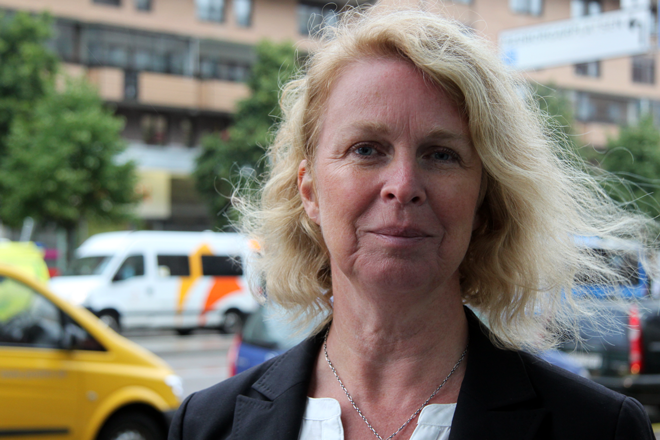Tapping the potential of ICT in future low-energy cities
Anna Kramers presents her dissertation 24 October 2014.
Published Oct 16, 2014

In her PhD thesis, Anna Kramers explores the contribution of ICT solutions to achieve climate targets in cities. She addresses aspects on several levels, of which the following three are the most important.
- Cities have vastly different ways of setting climate targets and measuring climate impact. City administrations have also little awareness about how delimitations in their approach influence targets. To address this problem, she proposes a framework for how cities can develop climate targets in a consistent and transparent way and how system boundaries can be set.
- Reaching climate targets is a tough goal for most cities. Anna Kramers identifies promising ICT hotspots (or “low hanging fruits”) for future low-energy cities. The hotspots with great potential for energy reduction are intelligent operation of transport and heating (eg traveler information systems, smart grid, advanced metering) and soft transformation of transport and buildings (eg through digitalization of products and services). More concretely, this includes ICT solutions such as road pricing, ridesharing and multimodal travel apps.
- In a specific study on the potential of advanced traveler information systems, she compares nine existing travel planners and suggests new functionality for next generation travel planners that support climate-friendly choices. For example, they can provide a “no-journey option” suggesting teleconferencing or home shopping and delivery service instead of physical travel.
Anna Kramers presents her dissertation 24 October 2014, 13:00, at Kollegiesalen, Brinellvägen 8, KTH main campus.
Download her PhD thesis. Smart Cities and Climate Targets: Reducing cities' energy use with ICT and travel information .
Contact: Anna Kramers, tel +46 8 790 8502, kramers@kth.se
